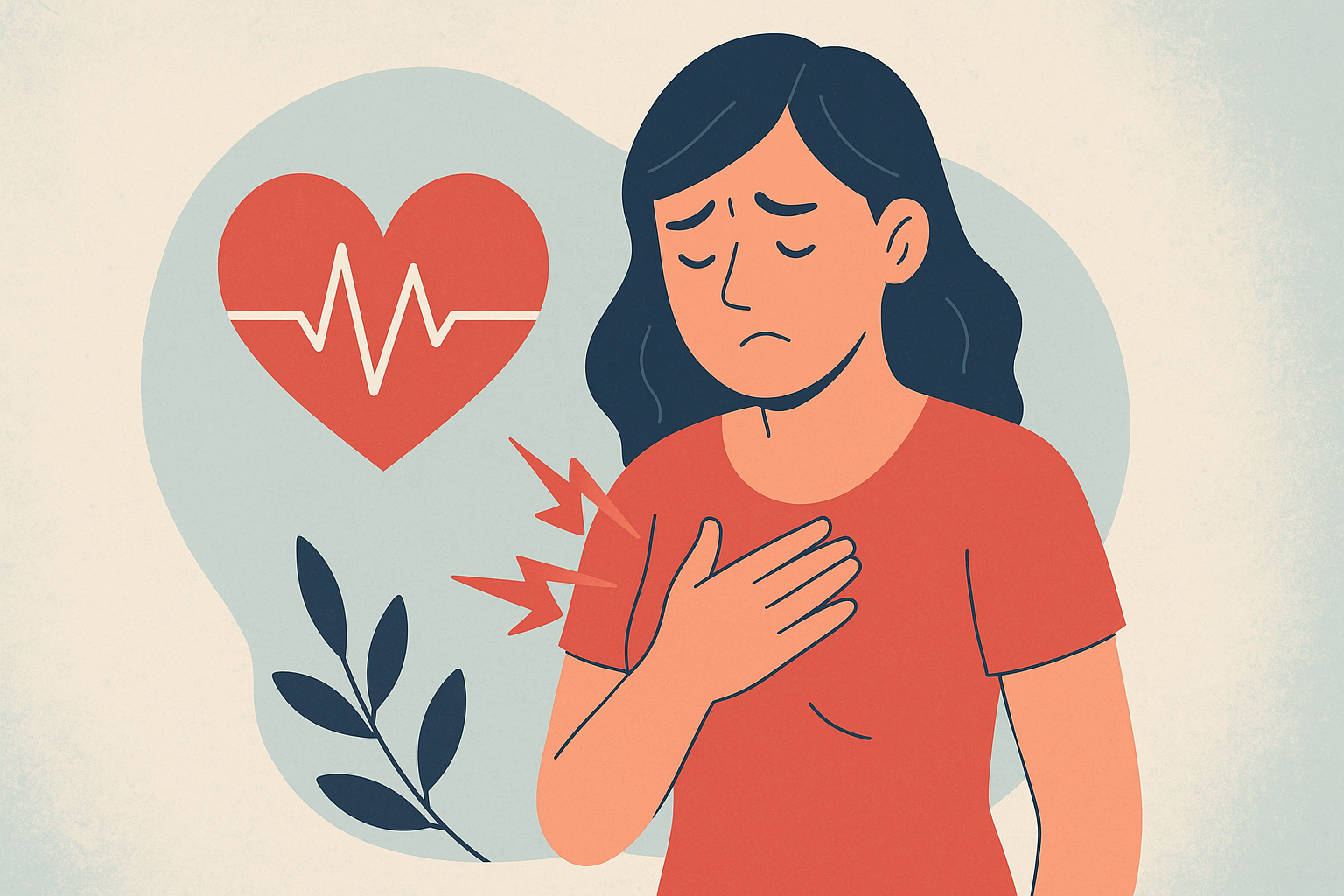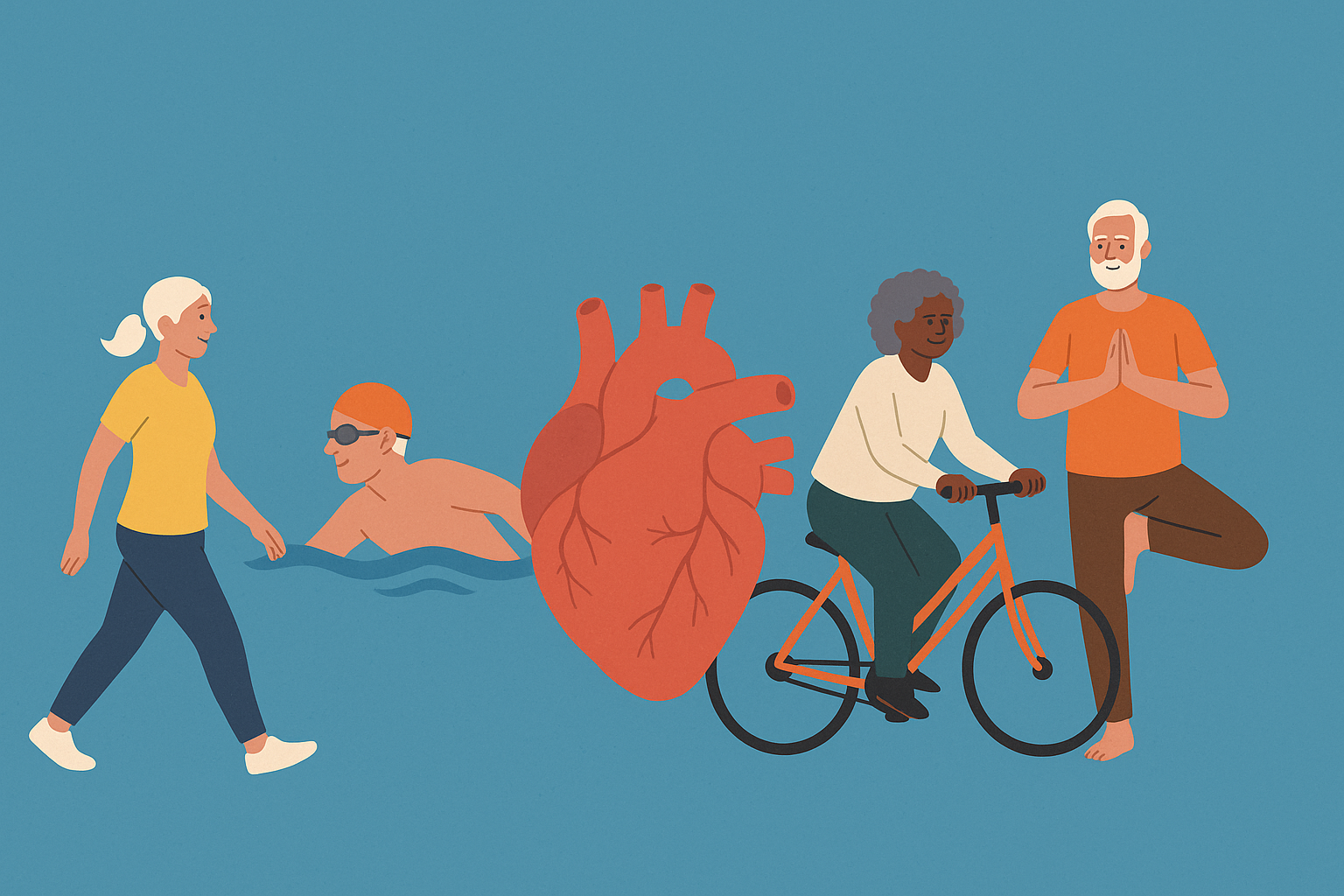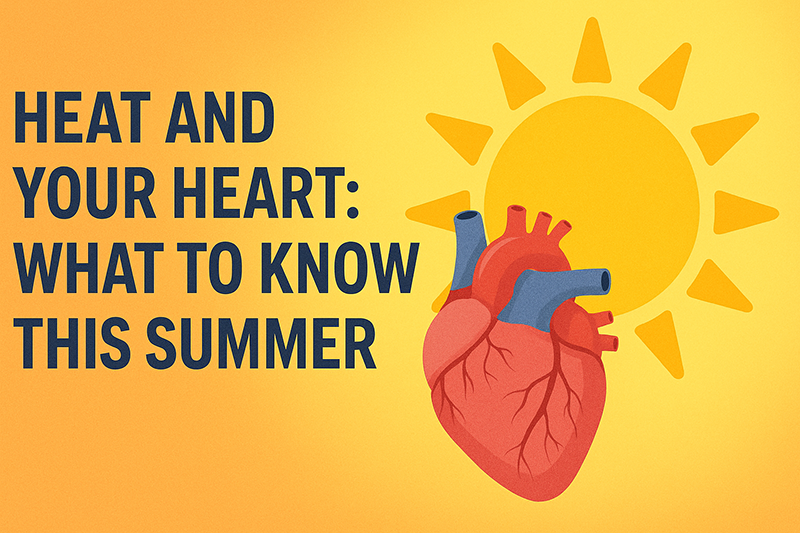Choosing a balanced diet and an appropriate amount of cardiovascular exercise is important for anyone who’s able to move independently. For senior men, however, taking care of your heart and arteries becomes increasingly important. Senior men lead the rates of people living with chronic conditions that can cause this type of aneurysm, but women can develop them, too.
Whether or not you’re at risk for this condition, it’s important to have a cardiologist who is accessible, professional, and highly experienced. Rishin Shah, MD of Prime Heart and Vascular in Allen, Frisco, and Plano, Texas, has over a decade of experience with a variety of heart conditions, including conditions that affect your aortas, and he handles your concerns gently and compassionately.
What’s an aortic aneurysm?
You have two aortas on each side of your body, and their job is to carry blood from the heart into your head and neck, and into the trunk of your body. For a number of reasons, the walls of your aorta may weaken, causing it to bulge and fill with blood. The bulge in your aorta is an aneurysm.
There are two types of aortic aneurysms: thoracic aortic aneurysms and abdominal aortic aneurysms. Thoracic aneurysms occur on the aortas that deliver blood to the head and neck. As the name infers, abdominal aortic aneurysms appear on the aorta that runs through your abdomen.
Dr. Shah conducts thorough testing if he thinks you may be living with an aortic aneurysm. Depending on your medical history, he may order an ultrasound, a CT scan, an echocardiogram, or an X-ray. If Dr. Shah confirms that you have an aortic aneurysm, he works with you on a customized treatment plan to keep you healthy, and your symptoms at bay.
What does it look like?
Aortic aneurysms often show up on routine heart examinations, or checkups. Dr. Shah can hear a thoracic aneurysm with a stethoscope, and abdominal aortic aneurysms tend to occur close enough to the surface of the skin that they are easily detectable.
If you have an aortic aneurysm, you may have some symptoms. The types of symptoms depend on the type of aortic aneurysm you have, but there are several things for which you should watch. Thoracic aneurysms may cause:
- Chest pain
- Sudden upper back pain
- Coughing
- Shortness of breath
- Hoarseness
Abdominal aortic aneurysms usually have few or no symptoms, but can cause:
- Throbbing sensations near your navel
- Abdominal pain
- Back pain
If you’re experiencing any of these symptoms, don’t panic, but get in touch with Dr. Shah. The sooner we have you in for testing, the sooner we will determine the type of treatment you need.
Am I at risk?
Although several factors raise your risk of developing an aortic aneurysm, a relatively narrow pool of people is affected by this condition. A common predecessor to either type of aortic aneurysm is atherosclerosis, the hardening of the arteries. Atherosclerosis can affect anyone, but men between the ages of 65 and 75 who are living with the condition, are at elevated risk.
Less common conditions like vascular Ehlers-Danlos syndrome, Marfan syndrome, and Loeys-Dietz syndrome can also raise your risk of developing an aortic aneurysm. More common risk factors for aortic aneurysms include:
- Family history of aneurysms
- Smoking
- Hypertension
- Poorly controlled blood sugar
- High cholesterol
Dr. Shah takes your entire medical history into account when developing your treatment plan. Depending on the size of your aneurysm, Dr. Shah may be able to treat it with medicinal therapies. If your aneurysm doesn’t respond to conservative treatment, Dr. Shah discusses the more invasive treatment options to keep you healthy.
What do I do now?
Dr. Shah has worked with many people living with aortic aneurysms, using thorough and accurate testing and treatment plans tailored to your unique needs. If you’ve been experiencing symptoms of an aortic aneurysm, including chest pain, please contact us so that we can help you. We’re available at 972-295-7017, or you can book an appointment with us online.





